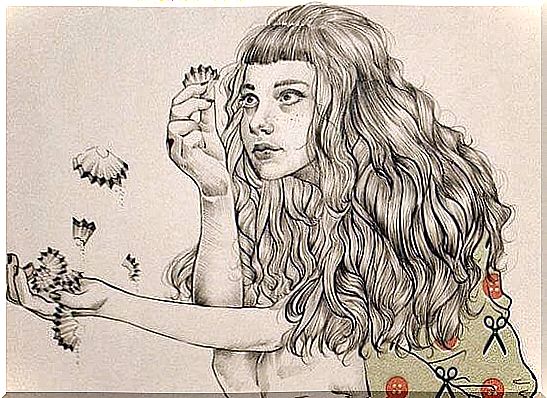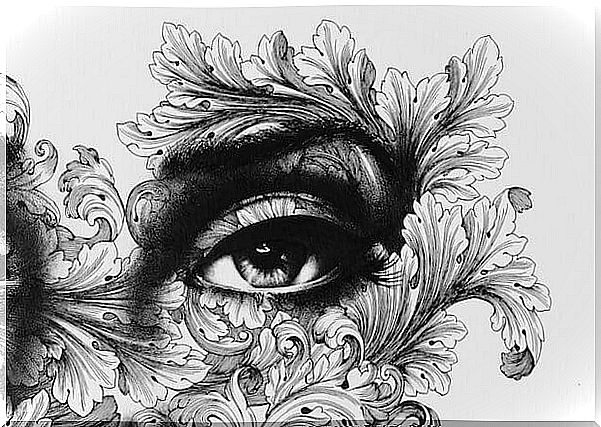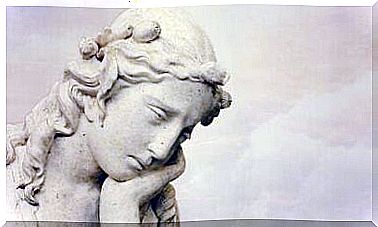Too High Expectations Keep Us From Enjoying The Little Things

In life we always want more, and this to some extent is a stimulus to get what we want. Expectations are subjective and partial, and we cannot confuse the fact that we are ambitious about our goals with expecting more from something that is foreign to us. Little by little, we are realizing that some things are not what we expected and how we idealized in our friendships, relationships and projects.
A recent study links the avoidant personality with the poor ability to enjoy life. One of the characteristics of these people is the ability to easily distort neutral stimuli and identify them negatively, in addition to needing constant approval from others.
Expectations are a double-edged sword that we have to know how to handle in the way that suits us best. Sometimes they are the necessary incentive to help us move forward, and sometimes they are the quickest path to personal disappointment. Maintaining positive expectations about something is equivalent to feeling hopeful, anticipating the satisfactory outcome of a given situation. The danger arises when we sin from an excess of optimism, although it would be more appropriate to call it illusion.
Humility, the recipe against unrealistic expectations
Humility can be defined as knowing about our own weaknesses and limitations and acting accordingly. We can be proud of ourselves and recognize our successes or improvements without making us feel superior to other human beings. We should all strive daily to “cultivate” our humility.
Cultivating humility will lead us away from inordinate pride. An arrogant or very proud person hides their lack of knowledge to deal with certain situations. Arrogance implies excessive satisfaction for self-contemplation, being arrogant feels better and more important than others, and therefore their goals should always be more and better than others, sometimes even setting goals that are not consistent with its overrated abilities.

Humble people are authentic, uncomplicated and with high self-esteem. They are people so sure of themselves that they don’t have to shout how big they are to everyone, all the time. They are people who get involved, who transmit hope and passion, and who enjoy their daily lives.
Practicing gratitude will help us appreciate the little things
Practicing gratitude is one of the most important attitudes we can acquire and a great source of well-being. In addition to making us feel good and making others feel good, it allows us to approach change and development with awareness and serenity, moving away from the urgencies.
There are people who seem to be able to give thanks for everything that life puts them in their path without much effort, and yet there are others who find it immensely difficult to do so, as they have never learned how to do it. The attitudes of permanent complaint and dissatisfaction lead us not to feel fulfilled or content with what we have.
No matter how much we can achieve or acquire, if we just focus on what we don’t have instead of giving thanks for what we have, we are doomed to unhappiness. Gratitude is an attitude that is born of humility, so to be a grateful person you must first be humble, a quality that permanently dissatisfied people do not usually have.

Expressing gratitude through a simple smile or “thank you” lets the other person know that their presence, their words, their actions are important and that, in some way, they help us with what they do. It’s about showing respect and valuing what others do for us, no matter what your motivation for doing it.









